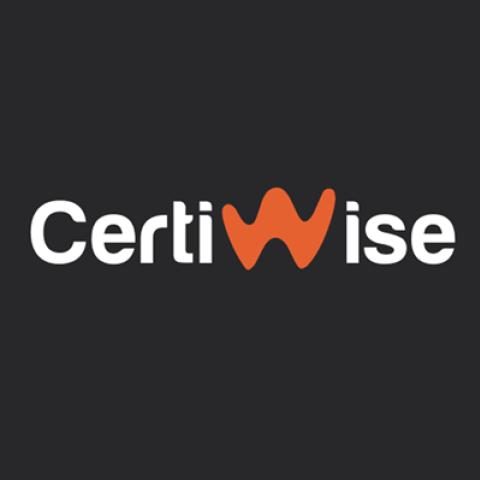What is Social Media Marketing?
Social Media Marketing involves using social media platforms to promote products, services, or brands. It encompasses a wide range of activities, including content creation, advertising, audience engagement, and analytics. The goal of SMM is to create meaningful connections with your audience, encourage interaction, and ultimately drive business results.
Key Benefits of Social Media Marketing
Increased Brand Awareness: Social media platforms provide an opportunity to reach a vast audience. Regular posting and engagement can significantly boost your brand's visibility.
Enhanced Customer Engagement: Social media allows for real-time interaction with customers. Engaging with your audience through comments, messages, and posts helps build a loyal community.
Improved Customer Insights: Social media analytics provide valuable insights into customer behavior, preferences, and trends, enabling you to tailor your marketing strategies effectively.
Cost-Effective Advertising: Compared to traditional advertising methods, social media ads are often more affordable and can be precisely targeted to reach specific demographics.
Increased Website Traffic: Sharing content and links on social media can drive traffic to your website, enhancing your online presence and potentially increasing conversions.
Essential Social Media Platforms
Facebook: With over 2.8 billion monthly active users, Facebook is a powerful platform for reaching a broad audience. It offers various advertising options, including photo, video, carousel, and collection ads.
Instagram: Popular among younger demographics, Instagram is ideal for visually appealing content. Utilize Stories, Reels, and IGTV to engage users creatively.
Twitter: Known for its real-time updates, Twitter is excellent for sharing news, updates, and engaging in conversations. Use hashtags to increase your reach and visibility.
LinkedIn: A professional networking platform, LinkedIn is perfect for B2B marketing. Share industry insights, company updates, and professional content to build your brand authority.
YouTube: As the second largest search engine, YouTube is crucial for video content. Create tutorials, product reviews, and behind-the-scenes videos to engage your audience.
Crafting an Effective SMM Strategy
Define Your Goals: Clearly outline what you want to achieve with your social media efforts. Common goals include increasing brand awareness, driving website traffic, generating leads, and boosting sales.
Know Your Audience: Understand who your target audience is, their interests, and their preferred social media platforms. This knowledge will help you create content that resonates with them.
Content Planning: Develop a content calendar to ensure a consistent posting schedule. Mix up your content types, including images, videos, infographics, and articles, to keep your audience engaged.
Engage and Interact: Respond to comments, messages, and mentions promptly. Encourage discussions and user-generated content to foster a sense of community.
Monitor and Analyze: Use analytics tools to track the performance of your social media efforts. Adjust your strategy based on the data to improve results continuously.
Social Media Marketing is a dynamic and ever-evolving field. By understanding the fundamentals, setting clear goals, and continuously analyzing your efforts, you can create a successful SMM strategy that drives meaningful results for your business. Embrace the power of social media, stay updated with the latest trends, and engage authentically with your audience to build a strong and lasting brand presence.
Author info: Janna parveen, Digital marketing strategist in Malappuram











